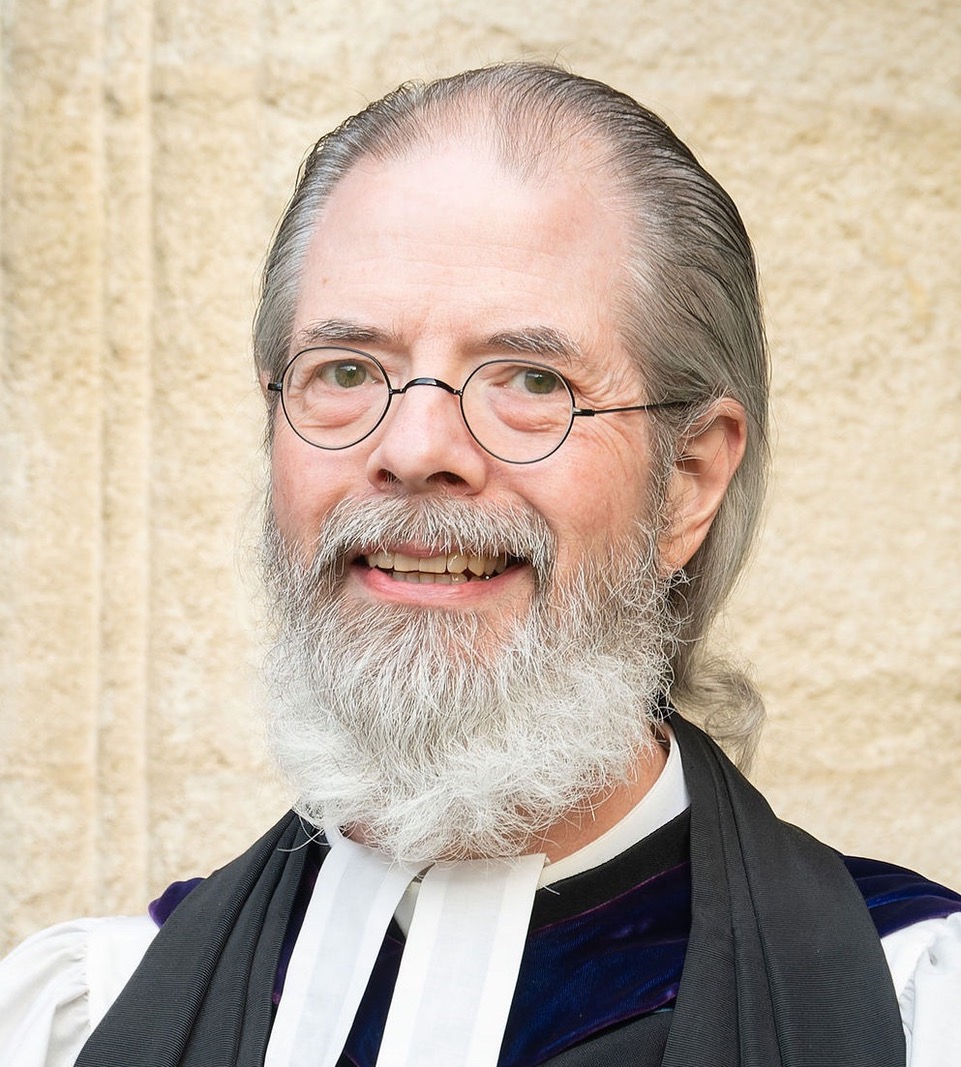Commentary on 1 Timothy 1:12-17
Probably the first thing to be said about preaching from one of the letters whose Pauline authorship is disputed is, “Hardly ever should the question of disputed authorship come up in the sermon.”
Disputes about authorship are technical exercises among scholars, and their role in building up the Body of Christ is strictly incidental. All too often, preachers use sermon time for cheerleading on behalf of their particular side (“As everyone knows, Paul did not write this” or “Some radical skeptics think Paul did not write this, but we know…”) or showing off the fact that they have a seminary education. There may be congregations where taking sides on this topic actually advances the cause of the gospel, but I do not think I have ever met one.
If you trust that Paul wrote the letter, just go ahead and preach; if you doubt it, do not make a point of that within the sermon (instead of saying “Paul says,” you can say “The epistle says” or “Our lesson says,” or avoid using constructions that would require identifying personal authorship). Then, schedule a series of educational events to explore the reasons and counterarguments about Pauline authorship at some other time.
These verses in the introductory section of the letter serve several functions. First, they magnify the glory of God’s grace. God extends forgiveness and reconciliation not solely to middleweight sinners such as most well-intentioned church-goers; God offers mercy even to “the foremost sinner” (at least as the letter presents him), a violent despiser of Jesus. Second, they bind the exposition of God’s mercy to the mission of Christ; merciful salvation comes to us not simply in a generic way, but very concretely in the person of Jesus whose forbearance, gentleness, and self-giving exemplify God’s way of dealing with us (the mirror-image of the violent persecution that characterized Paul’s former life).
Now, whether Paul wrote these words or not, the epistle manifestly brings the person of Paul to the foreground. Paul’s character and experience figure in this introductory section as an illustration of the extent of God’s grace. Here (as often when Paul calls attention to himself in other letters) the emphasis oscillates between Paul’s sense of drama and the theological premise of which God “makes me an example.”
In this case, the theological pivot for these verses concerns God’s mercy. The letter — in highlighting God’s characteristic of gratuitous mercy — explains that Paul received mercy “because I had acted ignorantly in unbelief.” Now, of what could Paul have been ignorant? He knew the God of Israel, the Torah, and the Prophets. He even knew enough about Jesus to oppose his cause. Paul did not know what he was doing in the same way that Jesus’ crucifiers did not know what they were doing: they did not grasp fully what was going on around them. They saw (to adopt a Pauline figure) in a glass darkly, but they reached incorrect conclusions about what they perceived there.
This common New Testament theme of not-really-knowing, when applied in a triumphal way, risks drifting into a sort of gnostic self-congratulation: “We know, and you don’t.” But in this passage, it is important to observe that “knowing” does not justify elite status — instead, not-knowing provides the rationale for God extends mercy to transgressors. Jesus willingly endures mocking, torture, and execution at the hands of people who do not [fully] know what they are doing, so that his faithfulness to God’s mission of non-coercive reconciliation might be sustained. Paul aligned himself with the persecutors at first, but like the crucifiers for whom Jesus prayed, he received mercy despite his early opposition to God’s purposes.
The letter represents this opposition to God as the worst thing a person could possibly do; it suggests that because Paul persecuted the church, he must be the foremost of sinners. This echoes the gesture from Paul’s letters to Corinth, whereby Paul describes himself as “unfit to be an apostle” (1 Corinthians 15:9), “the dregs of all things” (1 Corinthians 4:13). The less worthy of divine favor Paul makes himself, the more he underscores the incalculable scope of God’s mercy. If we grant that God does not hold the sins of even the worst sinner ever — blasphemer, persecutor, insulter — then surely God’s grace extends to us less hyperbolic sinners.
That does not mean that God will redeem everyone from the consequences of every evil — but it does imply that none of us is in a position to make flat claims about whom God will or will not forgive. “For who has known the mind of God, or who has been his counselor?” Not everyone will accept God’s offer, and God will presumably accommodate those whose unyielding commitment to their own understanding of freedom and goodness distances them from forgiveness (and that might include some who refuse to accept the possibility that God forgives sins that they wouldn’t!).
However, the specific contours of final judgment lie beyond our capacity to pin down, whether concerning just what eternal blessedness will be like, or who will share it (and who will not). Any arguments about who may not under any circumstances be accorded mercy, or what might constitute an “unforgivable sin,” must come to terms with the many passages like this one in the New Testament.
The Gospels and Epistles emphasize and repeat the axiom that God’s greatness is revealed in having mercy for people we would not think would receive mercy. The minute we decide that some horrible sin is unforgivable, we challenge God to forgive it — and God answers our judgmental edicts with the promise of unexpected, unreasonable, overflowing mercy.

September 12, 2010